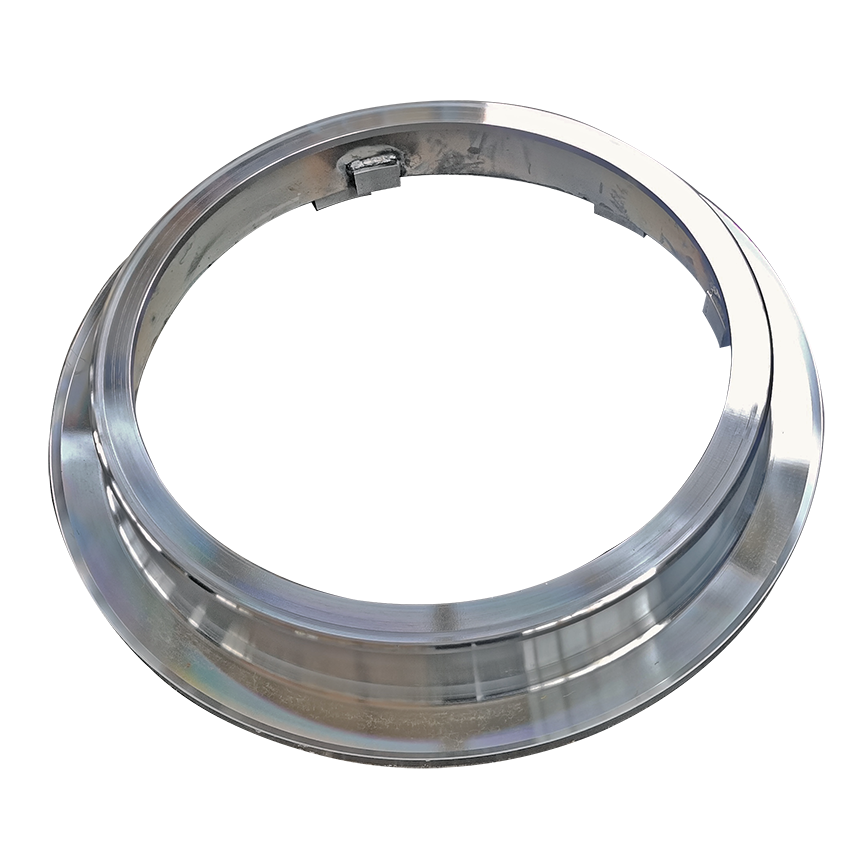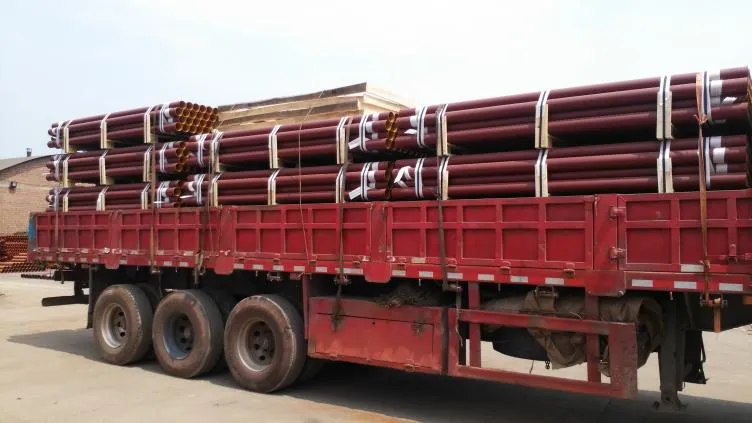May . 28, 2025 12:10 Back to list
Carbon Steel Lost Wax Casting Custom & ODM Solutions Buy Now
- Overview of Carbon Steel Lost Wax Casting
- Technical Advantages and Industry Data
- Supplier Comparison: Key Metrics
- Custom Solutions for Diverse Applications
- Case Studies: Real-World Implementations
- Quality Assurance and Testing Protocols
- Future Trends in Precision Casting

(carbon steel lost wax casting)
Understanding Carbon Steel Lost Wax Casting
Carbon steel lost wax casting, a precision manufacturing method, combines metallurgical expertise with intricate molding techniques. This process involves creating a wax prototype, coating it with ceramic slurry, and melting the wax to form a cavity for molten carbon steel. With a global market growth rate of 6.8% CAGR (2023-2030), industries increasingly rely on this method for components requiring tight tolerances (±0.1mm) and complex geometries.
Technical Superiority and Performance Metrics
Compared to sand casting or machining, lost wax casting delivers superior surface finishes (Ra 1.6-3.2μm) and 99.3% material utilization rates. Key technical benchmarks include:
- Heat treatment compatibility: Achieves HRC 45-50 hardness post-quenching
- Pressure resistance: Withstands 850 MPa tensile strength
- Production speed: 72-hour turnaround for batch orders (50-500 units)
Manufacturer Capability Analysis
| Supplier | Minimum Order | Tolerance Range | Annual Capacity | Certifications |
|---|---|---|---|---|
| Supplier A | 50 units | ±0.08mm | 2M+ parts | ISO 9001, AS9100 |
| Supplier B | 100 units | ±0.12mm | 1.5M parts | ISO 14001 |
| Supplier C | 200 units | ±0.15mm | 800K parts | ITAR |
Tailored Production Workflows
Custom carbon steel lost wax casting
services follow a 7-stage process:
- 3D model optimization (DFM analysis)
- Rapid tooling development (48-72 hours)
- First-article inspection (CT scanning)
- Batch production monitoring
- Post-casting treatments (shot peening, polishing)
- Non-destructive testing (X-ray, dye penetrant)
- Logistics preparation (JIT delivery)
Industrial Application Breakdown
Aerospace clients have reported 22% weight reduction in turbine components versus forged alternatives. Automotive applications demonstrate 15% higher fatigue resistance in suspension parts. Energy sector projects show 30% cost savings compared to CNC machining for pump impellers.
Quality Control Systems
Leading manufacturers implement triple-layer inspection protocols:
- Spectrometry verification for material composition
- Coordinate measuring machines (CMM) for dimensional checks
- Pressure testing up to 120% rated capacity
Carbon Steel Lost Wax Casting Innovations
Emerging technologies like AI-driven process simulation now reduce prototype iterations by 40%. Hybrid approaches combining lost wax with 3D printed molds cut lead times to 18 days for complex parts. Sustainable practices enable 95% ceramic shell recycling rates, aligning with circular manufacturing principles.

(carbon steel lost wax casting)
FAQS on carbon steel lost wax casting
Q: What is carbon steel lost wax casting?
A: Carbon steel lost wax casting is a precision manufacturing process where molten carbon steel is poured into a ceramic mold created by melting a wax pattern. This method ensures high accuracy and smooth surface finishes, ideal for complex industrial components.
Q: How can I buy carbon steel lost wax casting products?
A: Contact specialized manufacturers or suppliers online, request quotes, and confirm product specifications. Reputable providers offer material certifications and custom packaging based on your requirements.
Q: What does ODM carbon steel lost wax casting include?
A: ODM (Original Design Manufacturing) services provide tailored solutions, including design support, prototyping, and production. Partners collaborate closely to meet unique project needs while adhering to industry standards.
Q: Can I request custom carbon steel lost wax casting parts?
A: Yes, most manufacturers accept custom orders for dimensions, shapes, and technical specifications. Provide detailed CAD files or samples to ensure the final product aligns with your application.
Q: How is quality ensured in carbon steel lost wax casting?
A: Quality is maintained through strict process controls, non-destructive testing (e.g., X-ray, ultrasonic), and material analysis. Certifications like ISO 9001 further guarantee compliance with international standards.
-
Durable Cast Steel Concrete Pipe Mold Bottom Rings & Base Trays
NewsAug.23,2025
-
Centrifugally Cast Iron Water Main Pipe for Reliable Mains
NewsAug.22,2025
-
Durable Centrifugally Cast Iron Water Main Pipe
NewsAug.11,2025
-
Centrifugally Cast Iron Water Main Pipes for Reliability
NewsAug.10,2025
-
High-Quality Centrifugally Cast Iron Water Main Pipes
NewsAug.09,2025
-
Durable Cast Iron Water Main Pipe & Drainage Solutions
NewsAug.08,2025


